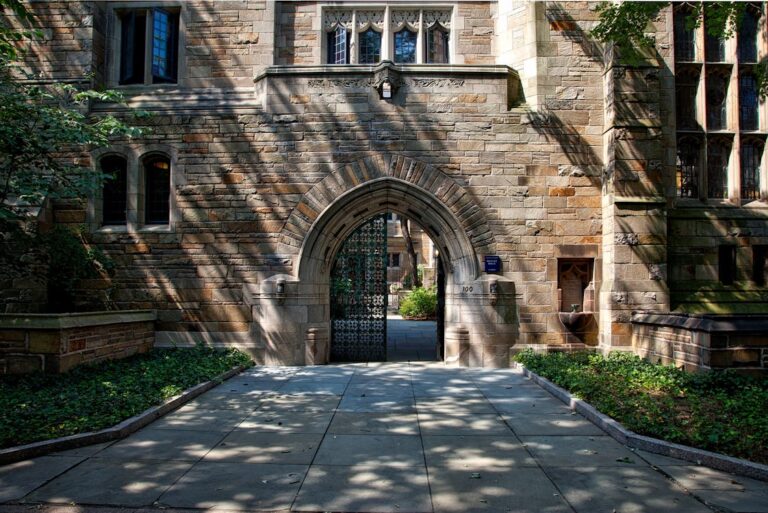Understanding Who Can Witness a Will in Minnesota: Minn. Stat. 524.2-505 Explained
In the realm of estate planning, a will stands as a crucial document that ensures your assets are distributed according to your wishes after your passing. However, the validity of a will often hinges on the proper execution, including the presence of witnesses. In Minnesota, the guidelines for who can serve as a witness to a will are outlined in Minn. Stat. 524.2-505. Let’s delve into the details to understand who may fulfill this role and witness a will in Minnesota.
The Importance of Witnesses
Witnesses play a vital role in the execution of a will, as their presence verifies that the testator—the person making the will—signed the document voluntarily and was of sound mind at the time. Their testimony can help prevent disputes regarding the authenticity of the will and ensure that it is upheld in probate court.
Understanding Minn. Stat. 524.2-505
Under Minnesota law, the statute governing the requirements for witnesses to a will is Minn. Stat. 524.2-505. According to this statute, any individual who is at least 18 years old and is competent to testify in court can serve as a witness to a will. However, there are certain limitations and considerations to keep in mind.
Who Can’t (or Shouldn’t) Be a Witness?
While the statute is relatively broad in its scope, there are specific individuals who are disqualified from serving as witnesses to a will in Minnesota. These include:
- Beneficiaries: Anyone who is named as a beneficiary in the will stands to gain from its provisions. Allowing a beneficiary to also serve as a witness could raise questions about their impartiality and potential influence over the testator. The statute specifically provides that “the signing of a will by an interested witness does not invalidate the will or any provision of it.” Thus, although a beneficiary could technically be a witness, a beneficiary should not ordinarily be a witness to a Will.
- Minors: Individuals who have not reached the age of 18 are not considered legally competent to witness a will in Minnesota.
- Individuals of Unsound Mind: The statute provides, “[a]n individual generally competent to be a witness may act as a witness to a will.” Those who lack the mental capacity to understand the significance of witnessing a will, such as individuals with severe cognitive impairments, cannot serve as witnesses.
Ensuring Valid Execution
To ensure the validity of a will in Minnesota, it’s crucial to adhere to the requirements outlined in Minn. Stat. 524.2-505. Here are some key points to keep in mind:
- Presence Requirement: Witnesses must be present when the testator signs the will. They must also sign the document in the presence of the testator and each other.
- Signature Requirement: Witnesses must sign the will to attest to its validity. Failure to do so could result in the will being deemed invalid.
- Competency: It’s essential to ensure that witnesses are mentally competent and of legal age to serve in this capacity.
Conclusion
In Minnesota, the guidelines for who can witness a will are outlined in Minn. Stat. 524.2-505. By understanding these requirements and ensuring that the proper individuals serve as witnesses, you can help safeguard the validity of your will and provide clarity for your loved ones after your passing. Consulting with an experienced estate planning attorney can also provide invaluable guidance in navigating the complexities of will execution and ensuring that your wishes are carried out effectively.










